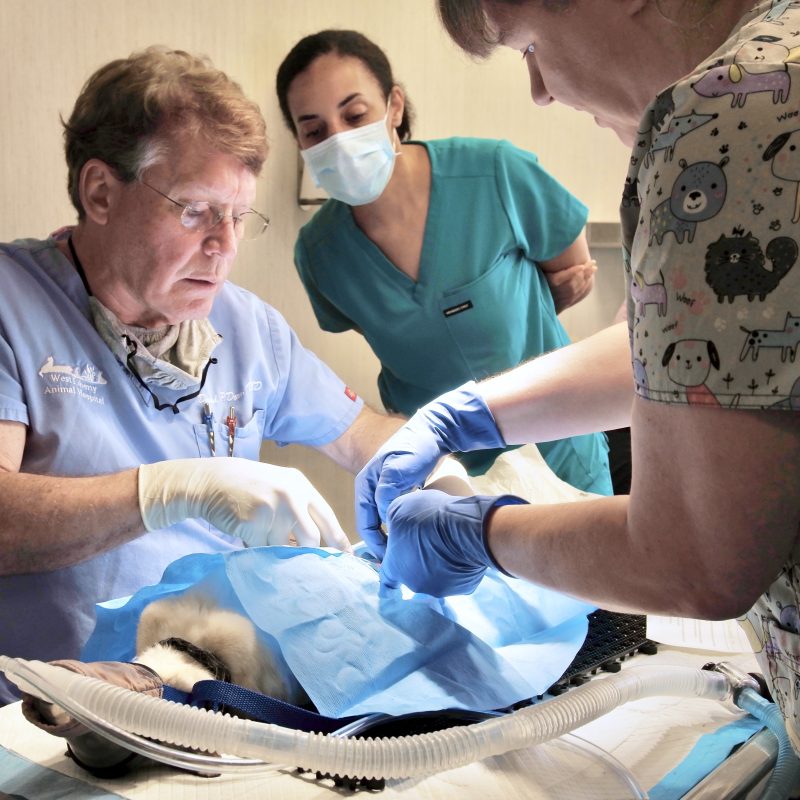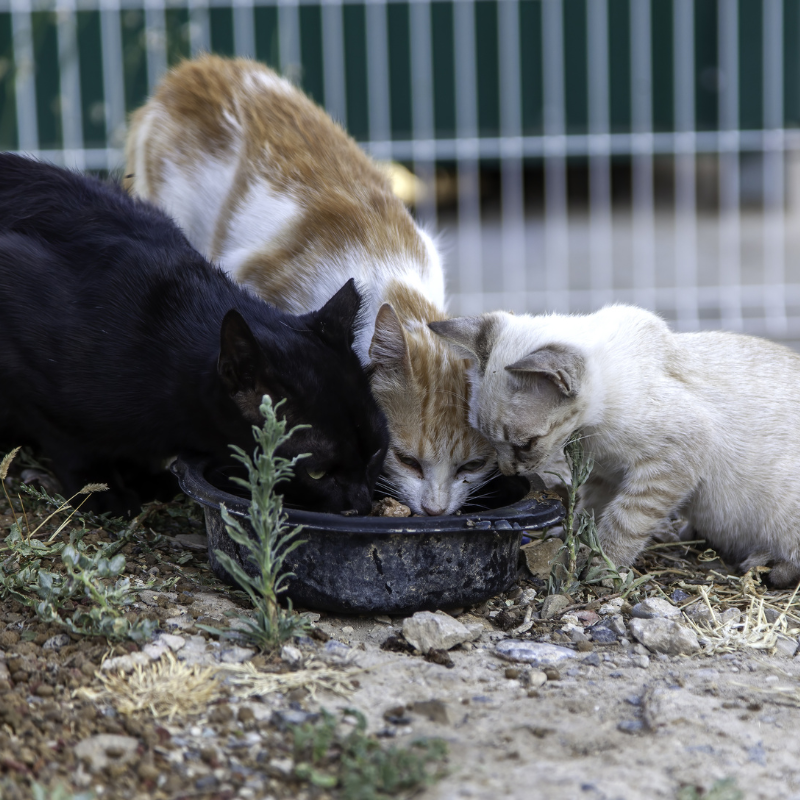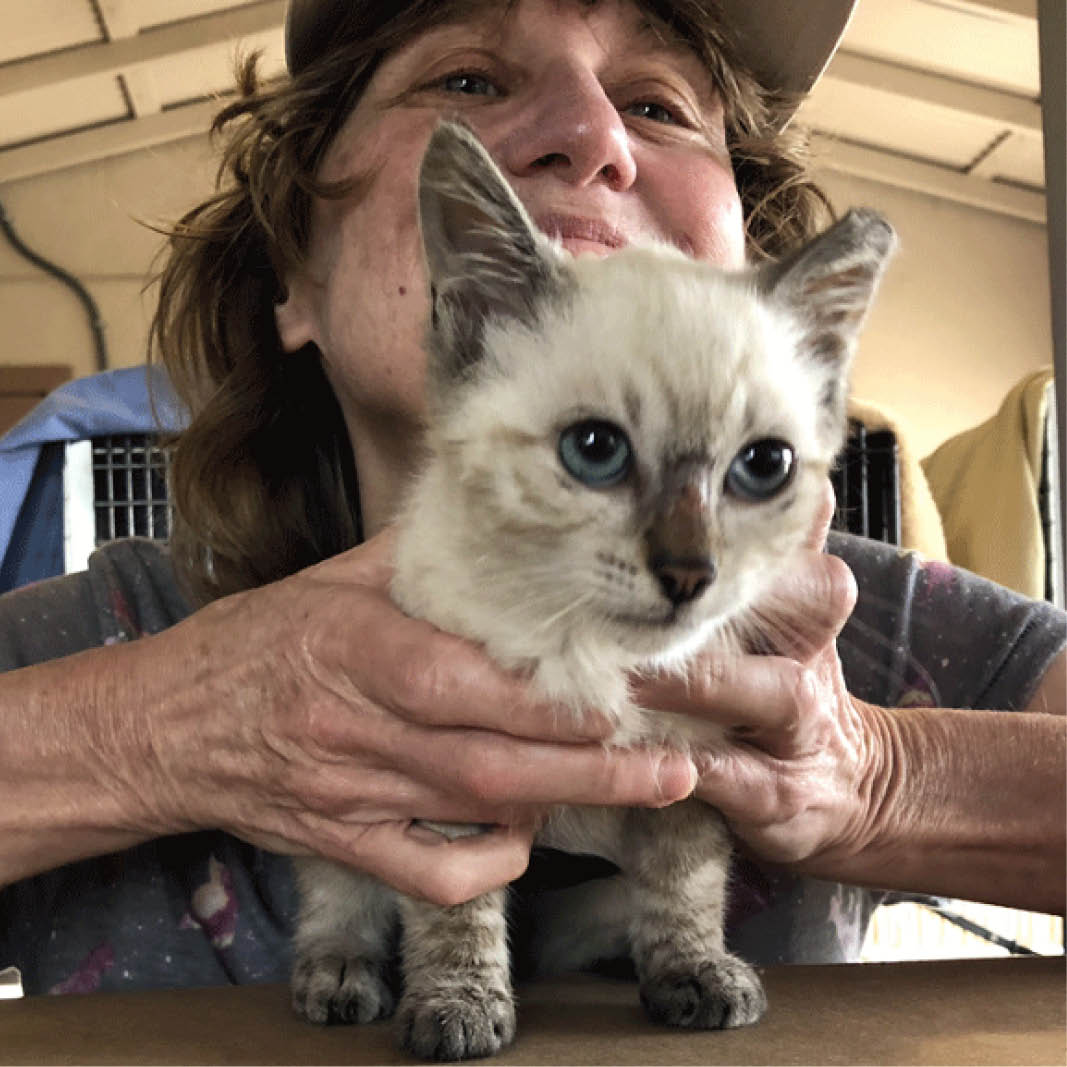
Bryan Kortis and Susan Richmond, Colony Care Taking Tips and Tricks Part 2
December 28, 2021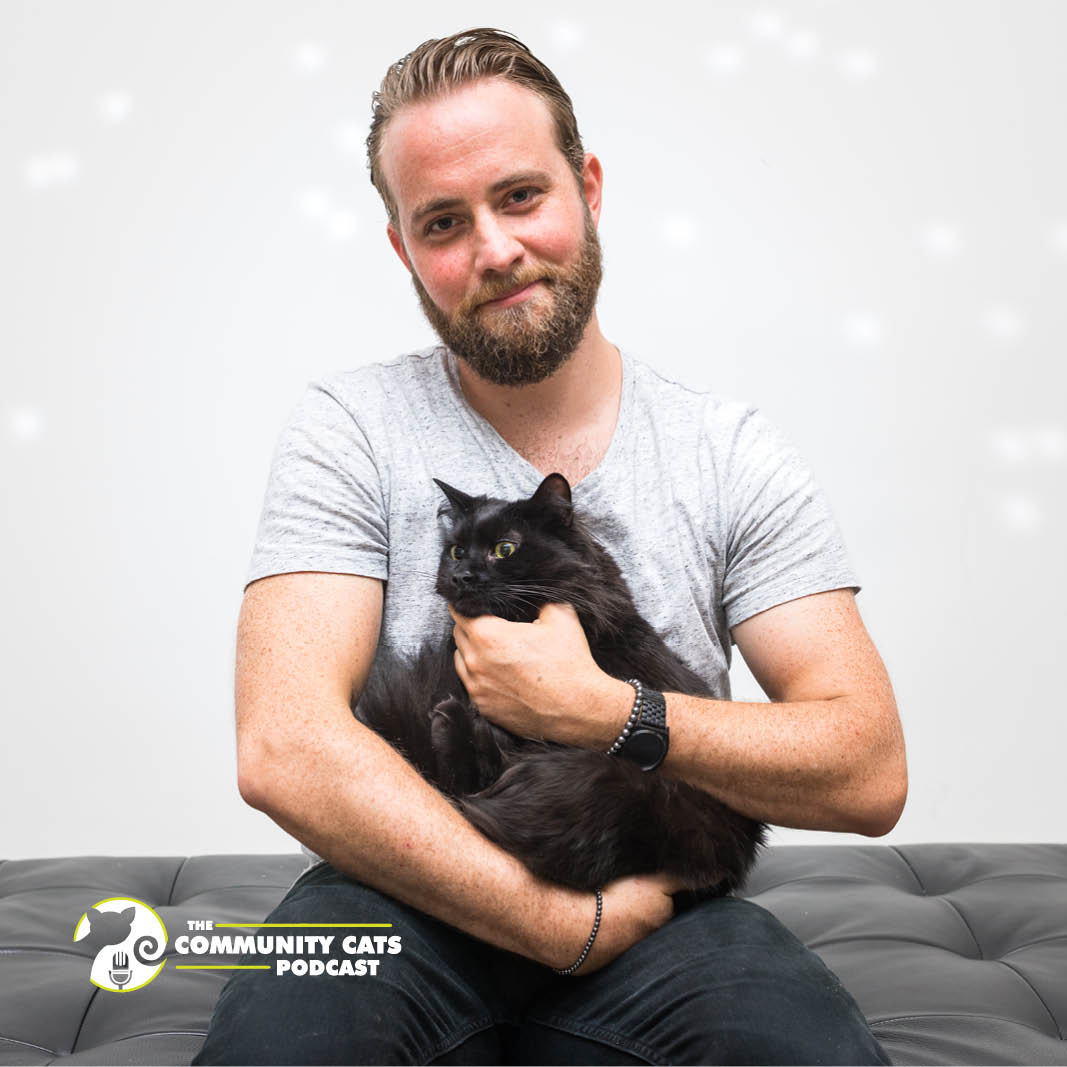
Aaron Hancox, Documentary Filmmaker of Running Wild: the Cats of Cornwall
January 4, 2022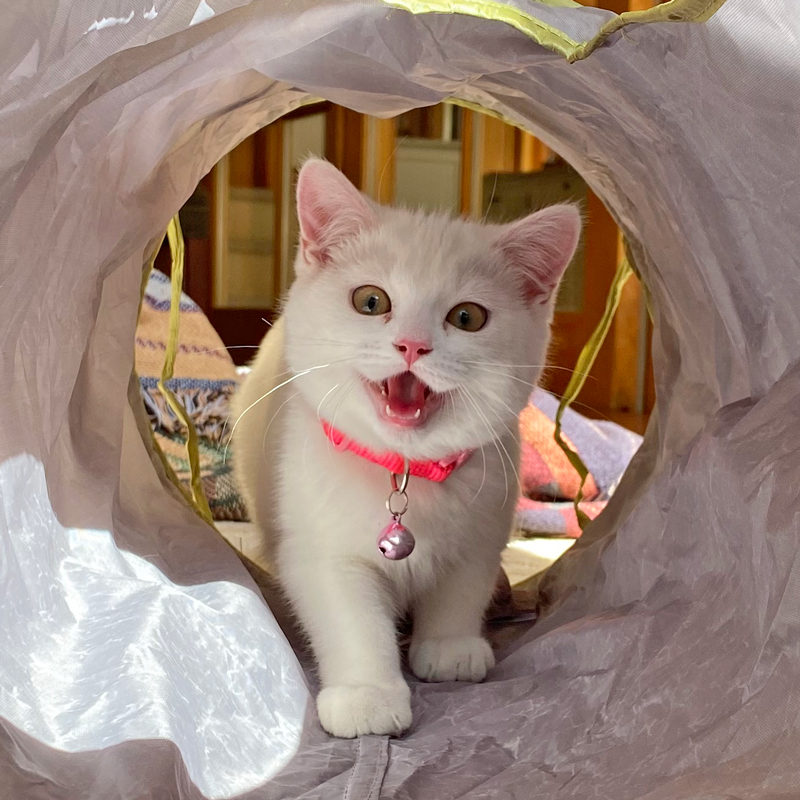
Happy New Year! Well, almost. I hope everyone has been able to take some time off to just rest and breathe a bit. As many of you know, I begin thinking about goals for the next year in early November. It is never too late to set goals. Back in 2017, I wrote a nice piece about goal setting that I went back to in order to refresh my mind on this process. I have read so many “how to” articles that the goal can feel a bit overwhelming. I have continued to use my goals worksheet and I hope you will too.
When I went back and checked it out, I thought the article was pretty good–so here is a new and improved version of the article I wrote back then.
We all strive for a better and more effective year ahead. In every non-profit that I have worked with, I have always encouraged the importance of reflection and goal setting each year. If I had to share the main takeaway it would be to be realistic with your goals and aggressively purge as much from your “to do” closet as possible.
May the New Year bring you a new start, new energy, and new focus.
Goal Setting for 2022
What is a goal? They are new achievements. Things you have done before would be classified as maintenance items. For example, if an organization sterilized 200 cats in 2021, it wouldn’t be a goal to say that the organization will spay/neuter 200 cats in 2022. That is maintenance, which should be a given. Certainly, it should be documented and celebrated. But instead, to say that organization will double the number of cats sterilized from the year before (meaning 400 cats)? Now THAT is a goal that involves change and stretching of the organization.
Other types of goals could be to:
- develop an orientation program and recruitment program for board members (assuming you don’t have one)
- train 5 new members of the community on how to do TNR and encourage them to become certified.
- create a fundraising plan
- try a unique adoption program technique (event or foster home ambassadors)
- draft a communications plan
- provide one in-service program for staff/volunteers during the year
- write one more grant application this year
- do one more fundraising event
- set up a catstat.org account and track your colonies
- send one or two employees to a conference and have them present to your supporters
Think outside of the box and share these ideas with your staff and board of directors. You shouldn’t be afraid of growth. If your organization doesn’t grow and change as the environment changes, you will find that you will lose the support of your volunteers and donors. Most importantly, continue trying new ideas. You will be able to discover more ways to help the many community cats in your community that desperately need your help and support by never giving up.
Finally, during January, I want to ask everyone to take the time to fill in my newly updated Goals Worksheet that I use every year. You will find it helpful personally, as well as professionally and you can adjust it to make it the most useful to you. Feel free to download the sheet now!
Feel free to share your goals in our Facebook Group or Our Online Cat Conference Community!

